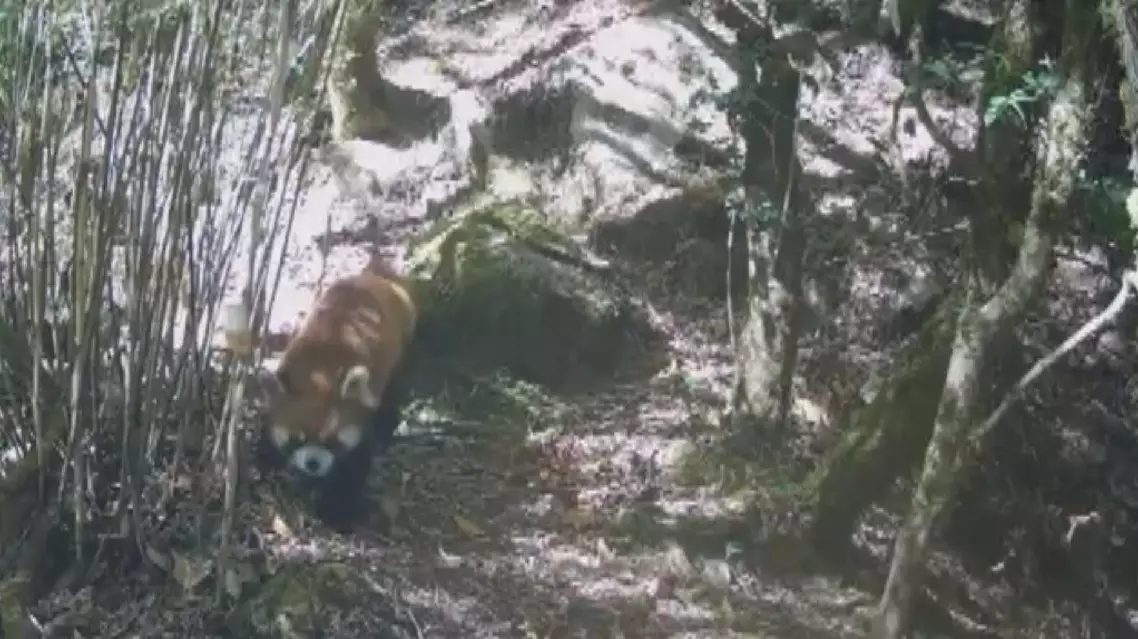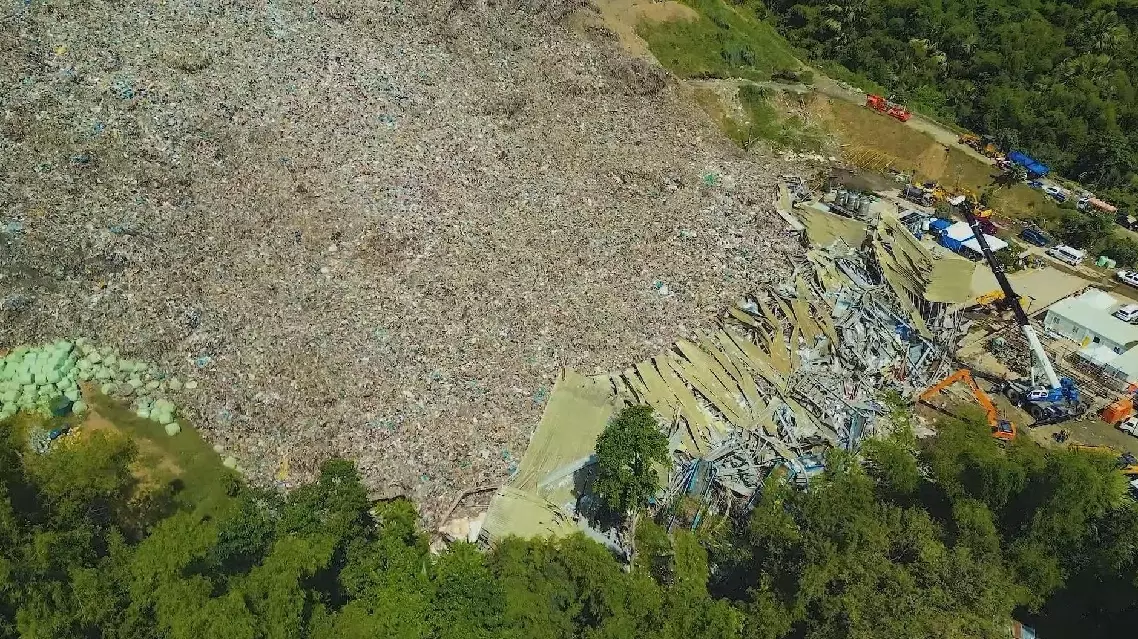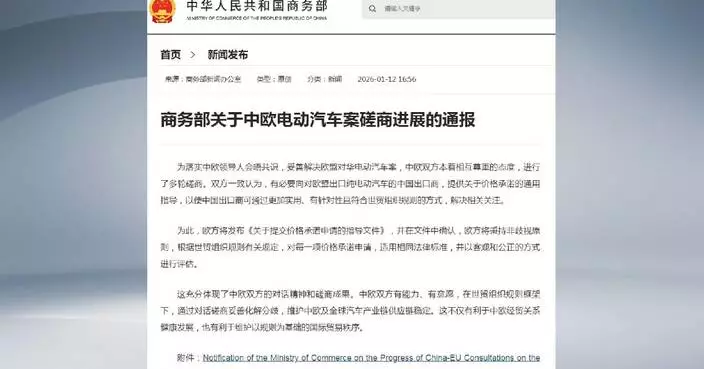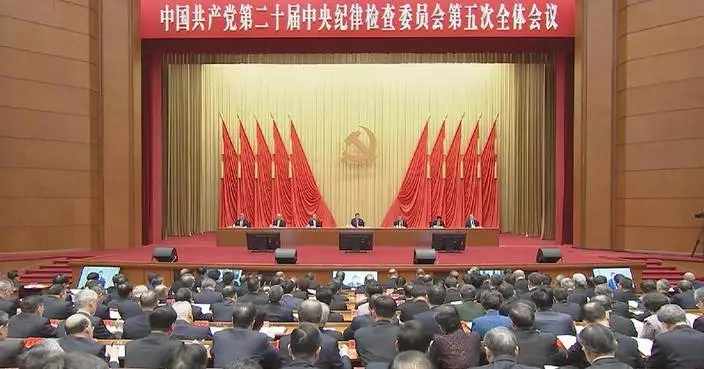Infrared cameras have recently captured images of 71 wild animal species in the Lushui section of the Gaoligongshan National Nature Reserve in southwest China's Yunnan Province.
The nature reserve staff got the finding when they were sorting through the footage captured by infrared cameras installed in the Lushui section.
Such images involve Nujiang golden monkeys, Assamese macaques, Ailurus fulgens, lady Amherst's pheasants and silver pheasants, according to the Lushui management and conservation branch of the nature reserve.
The collected surveillance data in the Lushui section also recorded the activity trajectories of 33 beast species and 38 bird species, proving the rich biodiversity and the effectiveness of the protection of Gaoligong Mountains, which are known as the "World Species Gene Bank" and the "World Museum of Nature".

Footage of 71 wild animal species captured in Yunnan nature reserve
The death toll from a landfill collapse in the central Philippine city of Cebu has risen to eight by Monday morning as search and rescue operations continued for another 28 missing people.
The landfill collapse occurred on Thursday as dozens of sanitation workers were working at the site. The disaster has already caused injuries of 18 people.
Family members of the missing people said the rescue progress is slow, and the hope for the survival of their loved ones is fading.
"For me, maybe I’ve accepted the worst result already because the garbage is poisonous and yesterday, it was raining very hard the whole day. Maybe they’ve been poisoned. For us, alive or dead, I hope we can get their bodies out of the garbage rubble," said Maria Kareen Rubin, a family member of a victim.
Families have set up camps on high ground near the landfill, awaiting news of their relatives. Some people at the site said cries for help could still be heard hours after the landfill collapsed, but these voices gradually faded away.
Bienvenido Ranido, who lost his wife in the disaster, said he can't believe all that happened.
"After they gave my wife oxygen, my kids and I were expecting that she would be saved that night because she was still alive. But the night came and till the next morning, they didn't manage to save her," he said.

Death toll in central Philippine landfill collapse rises to eight










